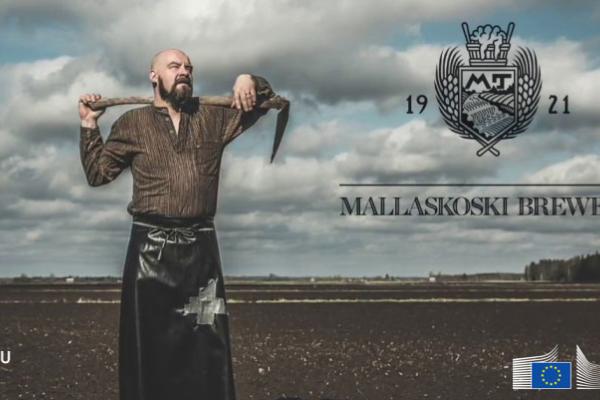- Country or region
- Argentina
- Mercosur
- Trade topics
- Negotiations and agreements
- Trade policy
Bilateral relations between the EU and Argentina are governed by the Framework Trade and Economic Co-operation Agreement, which entered into force in 1990.
As a member of Mercosur, Argentina is also party to the EU-Mercosur Framework Co-operation Agreement signed in 1995, which includes provisions on trade cooperation. Argentina has been involved in the negotiation of the EU-Mercosur Association Agreement.
Trade picture
Argentina is an upper middle-income country, the third-largest economy in Latin America, and a G20 member.
Argentina is a major producer of agricultural commodities and is among the world's top exporters of soy and sunflower products, pears, and lemons. Wine and beef are also well-known products, mostly consumed domestically. Argentina also has important mineral resources such as gold, copper and lithium. It has respectively the second- and fourth-largest shale gas and shale oil reserves in the world. Additionally, it has industrial production, in particular of cars and car parts, and an emerging digital service sector.
- The EU is Argentina's third-biggest trading partner (after Brazil and China), accounting for 12.3% of total Argentinean trade in 2024. In 2024, EU-Argentina bilateral trade in goods totalled €15.9 billion.
- Around two-thirds of Argentina’s exports to the EU in 2024 were of agricultural products, of which over half were oilseeds and protein crops (mainly soy). Other important export categories were chemicals and non-fuel raw materials, which both stood at around 12% of Argentina's exports to the EU in 2024.
- EU exports to Argentina in 2024 were mainly of manufactured goods, such as machinery and transport equipment (39%) and chemical products, including pharmaceuticals (25%).
- In 2024, the value of EU exports of goods to Argentina exceeded that of EU imports from Argentina by approximately €600 billion.
- Trade in services increased at an annual rate of over 20% between 2020 and 2023. In 2023, the EU imported services from Argentina of a value of €2.9 billion, while it exported services worth €6.3 billion.
- The EU is the largest source of foreign direct investment in Argentina, with EU businesses holding €38.9 billion of stocks in 2023.
The EU and Argentina
The EU’s historically strong relationship with Argentina is reflected in the level of Foreign Direct Investment by EU companies, which held stocks worth €43 billion in Argentina in 2018.
The EU holds bilateral dialogues with Argentina on economic and trade matters through the EU-Argentina Joint Committee, established under the EU-Argentina Framework Trade and Cooperation Agreement. The last such meeting was held in 2017.
Over several decades, Argentina has imposed significant barriers on imports, exports and capital flows. As a result, international trade and investment climate suffered significantly. Although EU companies and investors reported some improvements in administrative procedures during recent years, a number of significant problems remain, which the EU continues to monitor and take up in bilateral contacts with Argentina. Those problems include in particular:
- Export duties for many products and services ; the tax rate ranges from 5% (including services) to 33% (soy exports),
- Non-automatic import licences applied to around 1500 tariff lines, affecting almost 26% of EU exports to Argentina,
- Mandatory preferences for local companies in public procurement
- local content requirements in the car and car-part sector to obtain tax advantages,
- Problems in the protection and enforcement of Intellectual Property rights, including delays in patent proceedings and inadequate protection of geographical indications.
For more details, search for trade barriers on the Access2Markets portal.
Argentina in Mercosur
Mercosur is an economic and political agreement between Argentina, Brazil, Paraguay and Uruguay. In the area of trade, Mercosur's purpose is to promote free trade and the fluid movement of goods, people, and currency between its members.
Committees and Dialogues
The EU and Argentina meet regularly to discuss issues and best practices and oversee the proper functioning of the Agreement.
Technical committee meetings - agendas and reports
Trading with Argentina
- Importing into the EU from Argentina
- EU trade defence measures on imports from Argentina
- Exporting from the EU to Argentina
- Trade relations are part of the EU's overall political and economic relations with Argentina
- Argentina is a member of the World Trade Organization
Latest news
Today, the EU and four Mercosur countries finalised negotiations for an EU-Mercosur partnership agreement.
The EU and Mercosur are engaged in constructive discussions with a view to finalising the pending issues within the Association Agreement.
Today the Commission amended the EU’s steel safeguard regulation to create two new tariff rate quotas (TRQs) for steel products released for free circulation in Northern Ireland from other parts of the UK.

